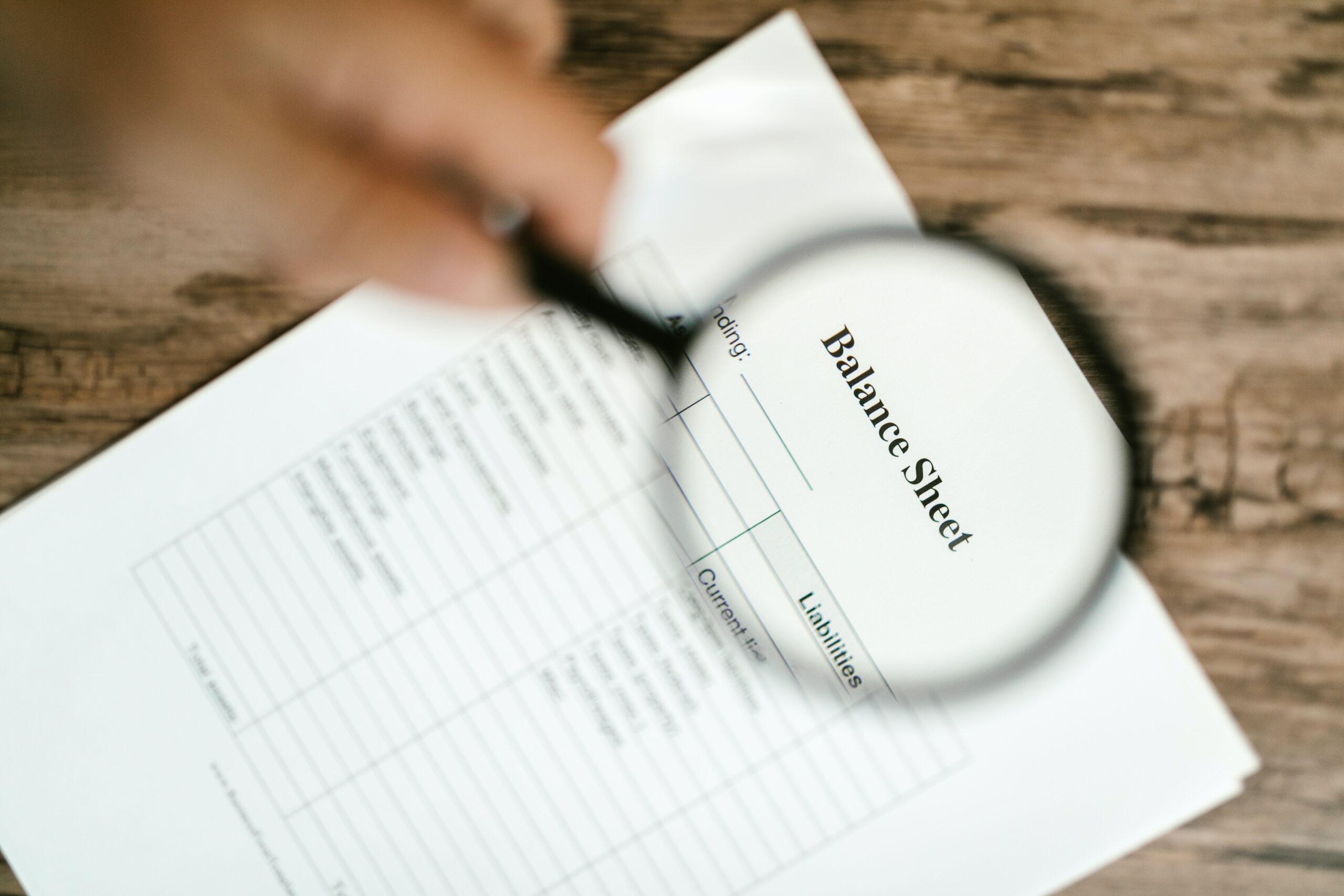
More than two million Canadians each year receive that dreaded letter from Canada Revenue Agency informing them their tax returns have been re-assessed or they are being audited.
Most people are aware that this is happening. Either they have been through it themselves or they know somebody who has been contacted.
What is not as well known is that the people being re-assessed could be reviewed as many as four times within one tax year. It is not unusual for the CRA to also go back and re-assess the last three or more years of your tax returns.
And sadly for you, if you have been re-assessed in the past, you have an excellent chance of being re-assessed in the future.
Whether you have deliberately hidden income or just forgotten something is of no consequence once the CRA delves into your money matters. If you are caught with what they perceive as undeclared income, you must pay the tax owed.
If you get caught “forgetting” something more than once, you may also face a substantial penalty.
When the letter of re-assessment arrives, most Canadians immediately react with “Why me?”
It could be that a larger than normal deduction in something like medical expenses or charitable expenses triggered a review. But in many other cases, it is just the luck of the draw.
Many returns are just randomly selected.
Why does the Canada Revenue Agency conduct these reviews?
The tax system, now that so many people filing electronically, is largely a matter of trust. You claim deductions, and they accept without proof that you have had those deductions. The income tax return you submit normally is handled by the agency in two to six weeks.
But once the rush of tax returns has been handled, the agency workers begin the process of review. By conducting random reviews, in which they request to see your receipts, they keep checks on the nation’s integrity.
Even if you received your notice that your return has been assessed and approved, you are not out of the water. Your tax return can still be pulled out of the pile at any time for a review. If you have not been judicious about saving all your old receipts and they question something, if you cannot furnish the proof, you will have to pay the additional taxes they insist that you owe.
Each year the CRA reclaims more than a billion dollars by asking for verification of expenses claimed. This is big business, and you have to be prepared that your tax return might be the next one re-assessed.
It is painful for me to watch when a client is re-assessed for some years before I started working with them, and their receipts are in a box somewhere that they cannot find. Boxes get lost when you move, cardboard boxes get ruined in basement floods, and sloppy file-keeping means things getting into the wrong file and not being found when needed.
I have seen many people with legitimate claims end up having to pay re-assessments because they couldn’t pull sufficient proof together to make their case. It is a sobering thought that the trust in this case does not extend to benefit of the doubt if you can produce nine of the 10 receipts, but not the final one.
That is why I am constantly reminding clients to stay organized.
For those who are now outsourcing their accounting, this is another advantage in that all the material is filed electronically and can easily be accessed at any time.
However, the most important thing to remember if you get a notice of re-assessment is to respond within the time period the CRA designates for a response. Seek guidance from your tax professional if you are not clear what the concern is about.
Certified professional bookkeeper and certified tax specialist Elena Ivanova is managing director of Piligrim Accounting Inc., a national accounting and tax preparation service based in Richmond Hill, Ont. You can reach her at elena@piligrim-accounting.com.



